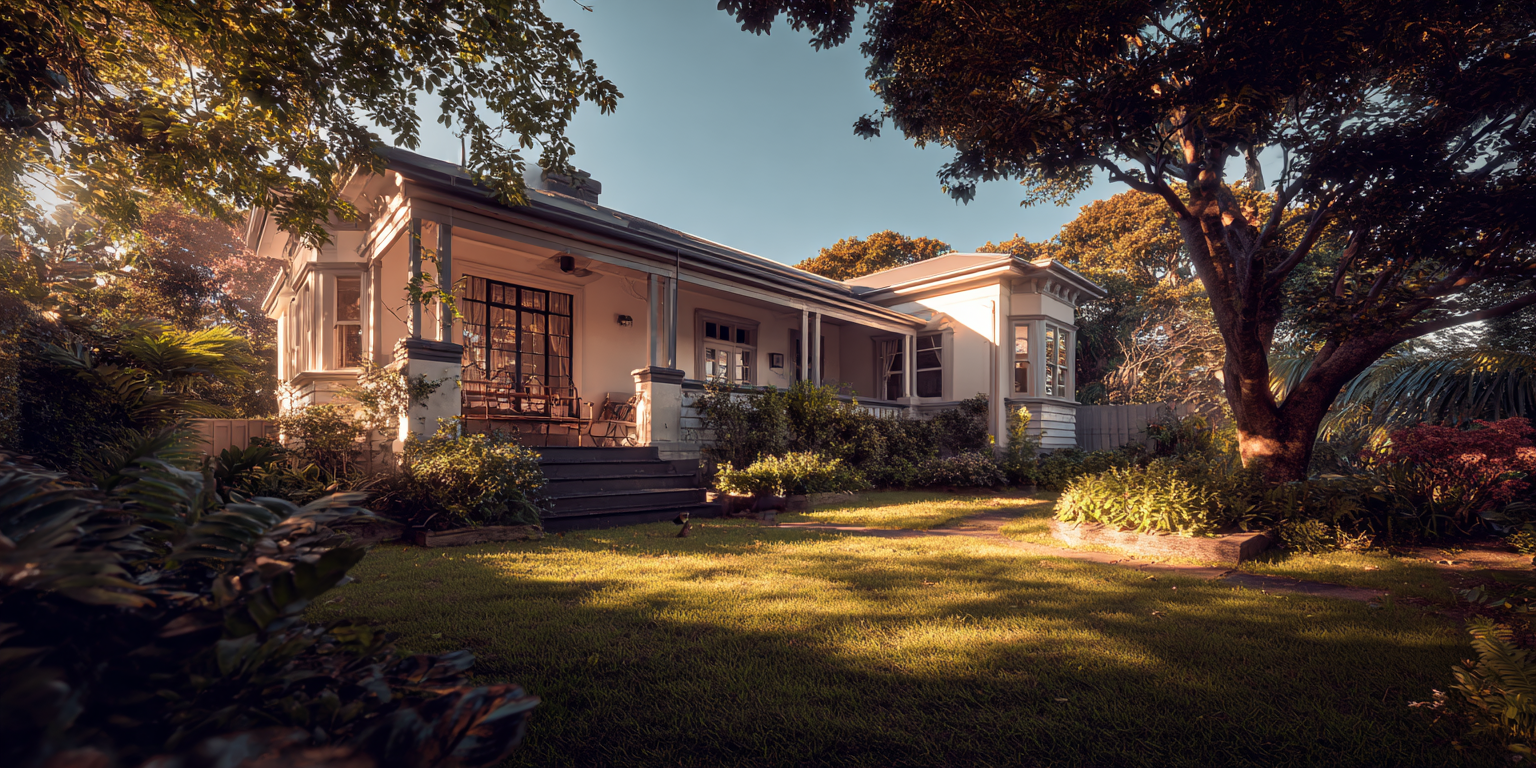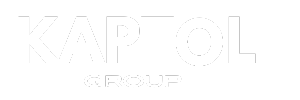What is Pressure Washing?
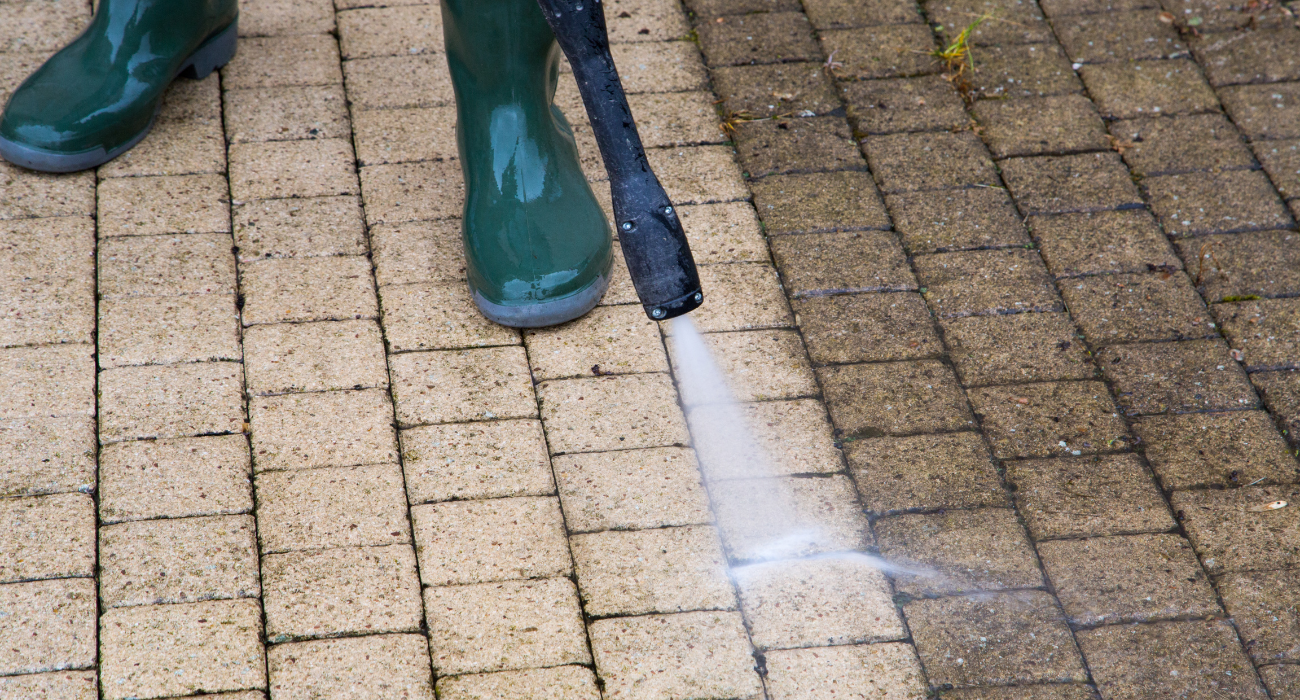
Pressure washing, also known as power washing or pressure cleaning, is a method of cleaning surfaces using high-pressure water spray. The pressure of the water is strong enough to remove dirt, grime, and stains from various surfaces, including concrete, brick, wood, and more. Pressure cleaning is often used to clean the exterior of buildings, driveways, footpaths, decks, and other outdoor surfaces. It can also be used to clean the interior of facilities, such as warehouses and factories. The high-pressure water spray is generated using a pressure washer, which is a machine that pumps water through a hose and out a nozzle at high pressure.
Pressure cleaning is an effective and efficient way to remove stubborn dirt and stains from a wide range of surfaces.
Can I Pressure Clean My Driveway Myself?
Yes, you can pressure wash your driveway yourself.
Here are some steps to follow:
- Clear the area of any debris, such as leaves or sticks.
- Set up your pressure washer according to the manufacturer's instructions. This usually involves filling the soap dispenser with a pressure washer cleaner and attaching the garden hose.
- Put on protective eyewear and clothing, as the high-pressure water can be dangerous.
- Begin pressure washing at the furthest end of the driveway, holding the nozzle about 30cm from the surface.
- Move the nozzle in a back and forth motion, overlapping your strokes to ensure that you cover the entire surface.
- Rinse the surface with clean water to remove any soap residue.
Keep in mind that pressure washing can be tough work and may require some muscle. It's also important to be careful not to damage the surface of your driveway by using too much pressure. If you're unsure about how to use a pressure washer or don't feel comfortable using one, it may be a good idea to hire a professional to do the job for you.
Why should I hire a professional to pressure wash my driveway?
There are a few reasons why you might want to hire a professional to pressure wash your driveway:
- Safety: Pressure washing can be dangerous if you don't know what you're doing. A professional has the training and experience to safely operate the equipment and avoid accidents.
- Quality: A professional has the knowledge and experience to get the job done right. They will use the correct amount of pressure and the right cleaning solution to effectively remove stains and dirt from your driveway without causing damage.
- Convenience: Hiring a professional means you don't have to spend your time and energy on the task. You can sit back and relax while they take care of it for you.
- Time: Pressure washing a driveway can be a time-consuming task, especially if it's large or has a lot of stains. A professional can get the job done quickly and efficiently.
Overall, hiring a professional to pressure wash your driveway can save you time, effort, and potential headaches. It can also give you peace of mind knowing the job is being done safely and correctly.
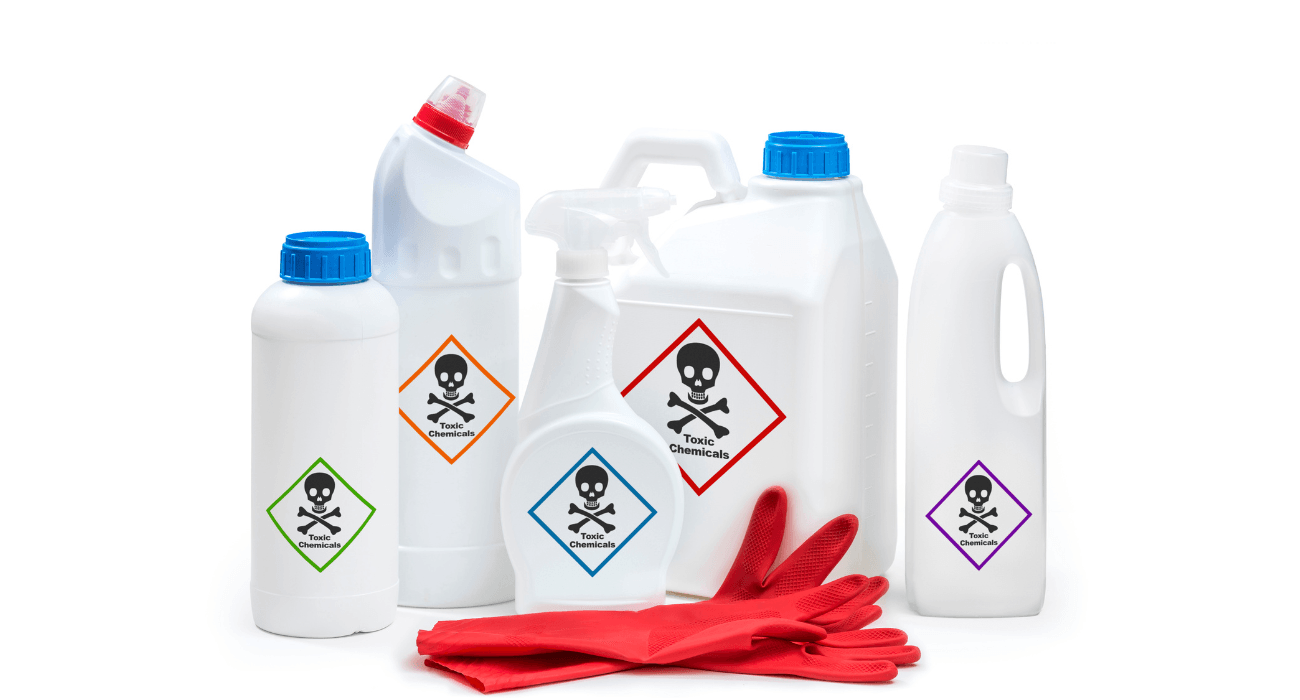
Are Chemicals used in Pressure Cleaning?
Pressure cleaning is a method of cleaning surfaces using high-pressure water spray.
As previously explained, it is often used to clean exterior surfaces such as buildings, footpaths, decks, and driveways, as well as heavy equipment and vehicles.
There are a variety of chemicals that may be used in pressure cleaning, depending on the type of surface being cleaned and the level of cleaning required. Some common chemicals used in pressure cleaning include:
- Detergents and soap: These are often used to loosen dirt and grime from surfaces.
- Acids: Acids such as hydrochloric acid and muriatic acid can be used to remove stains from concrete and other surfaces. They should be used with caution, as they can be harmful to skin and eyes and can damage some surfaces.
- Alkalis: Alkalis such as sodium hydroxide and potassium hydroxide can be used to remove grease and oil from surfaces. They should also be used with caution, as they can be harmful to skin and eyes and can damage some surfaces.
- Disinfectants: These can be used to kill germs and bacteria on surfaces, such as those found in restrooms and other areas where hygiene is important.
It is important to use these chemicals safely and according to the manufacturer's instructions, as they can be harmful if used improperly.
We highly recommend you hire a professional any time chemicals are used.

